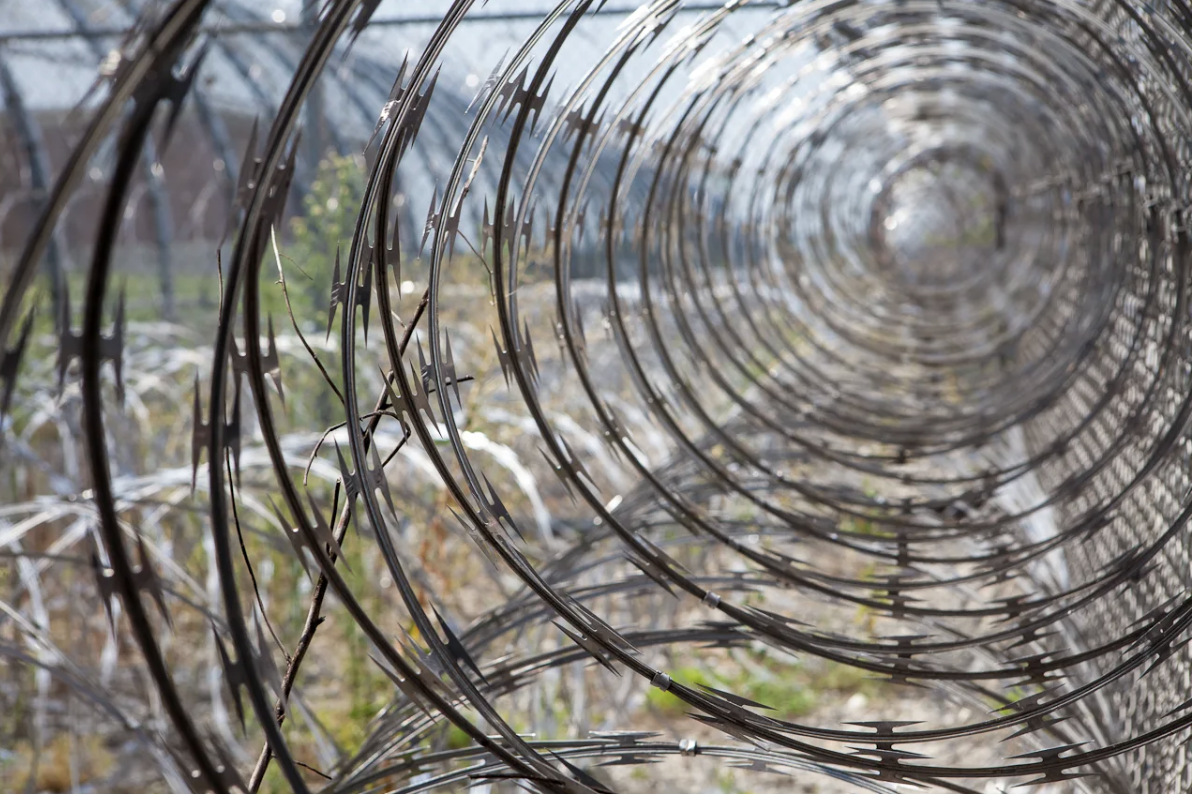


The state must move more urgently to phase out the cruel and archaic practice.

In June, I stepped into a body scanner outside the visitation room at the Washington Corrections Center and held my breath.

Most prisons have no real plan for how to deal with the kind of misery climate change inflicts—and will inflict—on incarcerated people

Still-lingering effects of lockdowns have left incarcerated people with fewer ways to grow and learn.

In prison, there is no space to grieve. I kept thinking that if only I was home, I could have given her the support she needed.

“I was different than the 22-year-old who had made that devastating decision, but I couldn’t say when that shift had begun.”

I had to return to jail before a resentencing hearing. It meant taking a trip back through hell.

In Washington State, incarcerated individuals, with support from organizations like Look2Justice, are actively engaging in the legislative process by testifying before state lawmakers on issues directly affecting their lives, such as prison communication costs, extreme sentencing practices, and the use of solitary confinement.


In his memoir, Christopher Blackwell recounts the psychological and physical challenges he faced during an unexplained stint in solitary confinement, striving to maintain his dignity and positivity amid the dehumanizing conditions.





